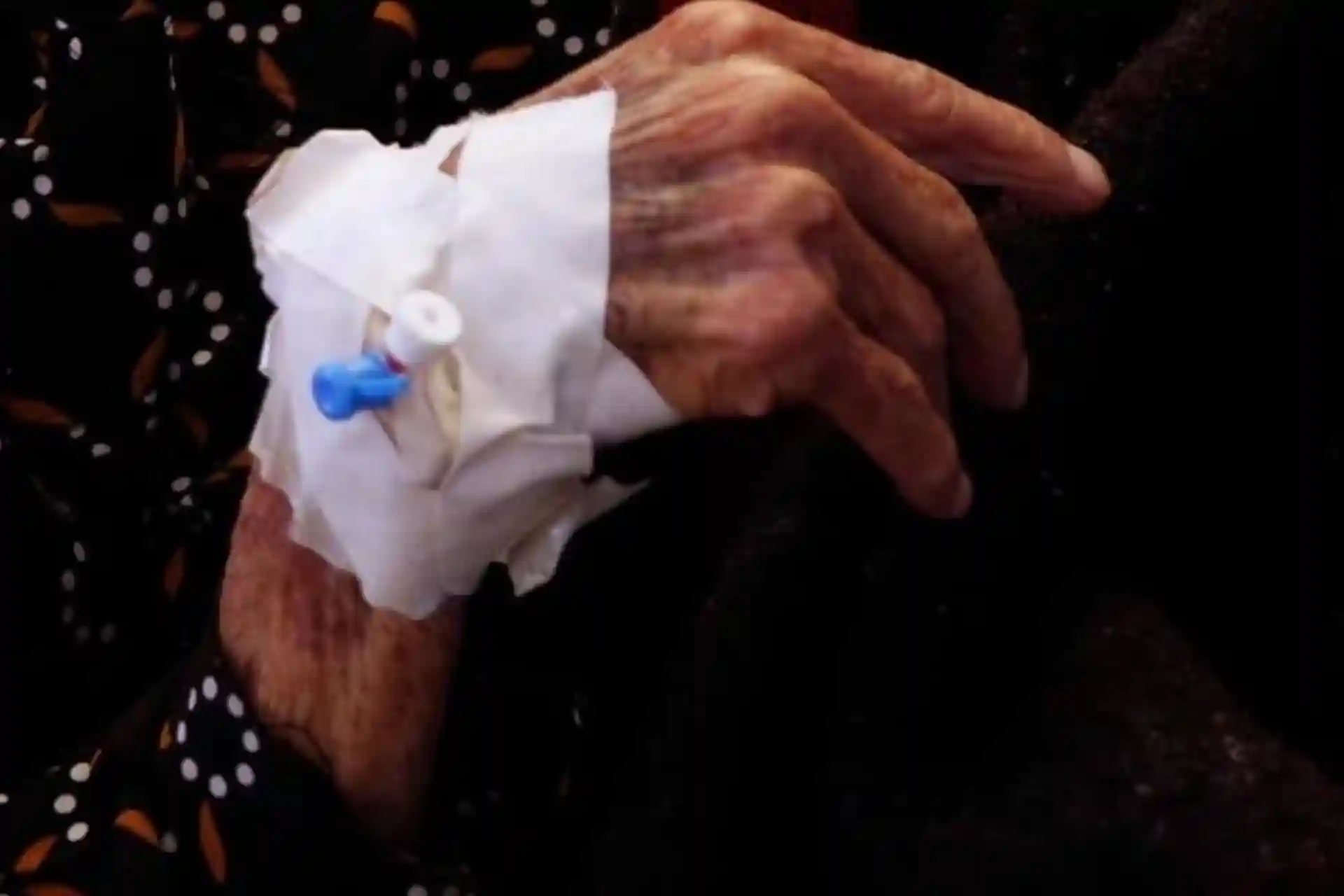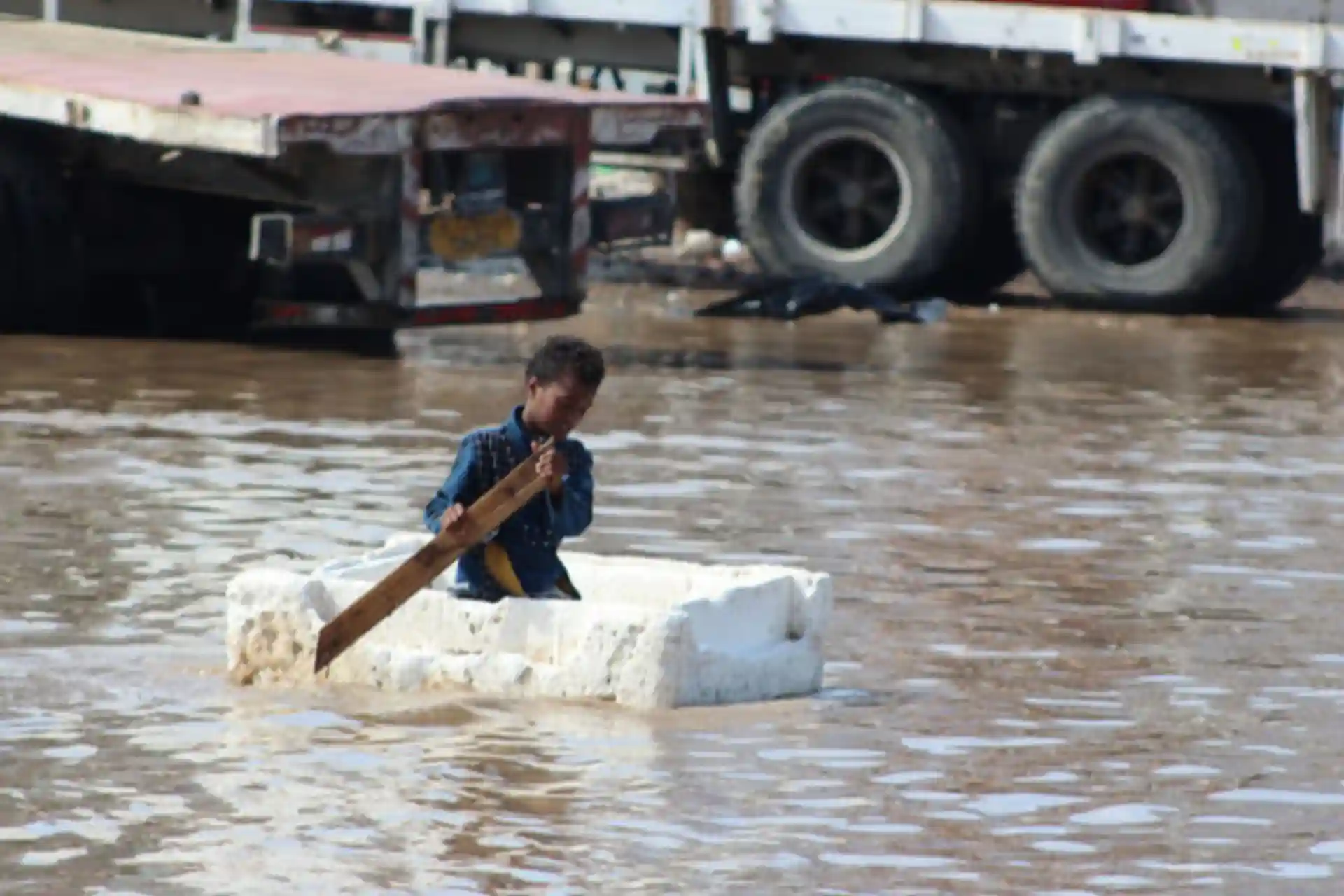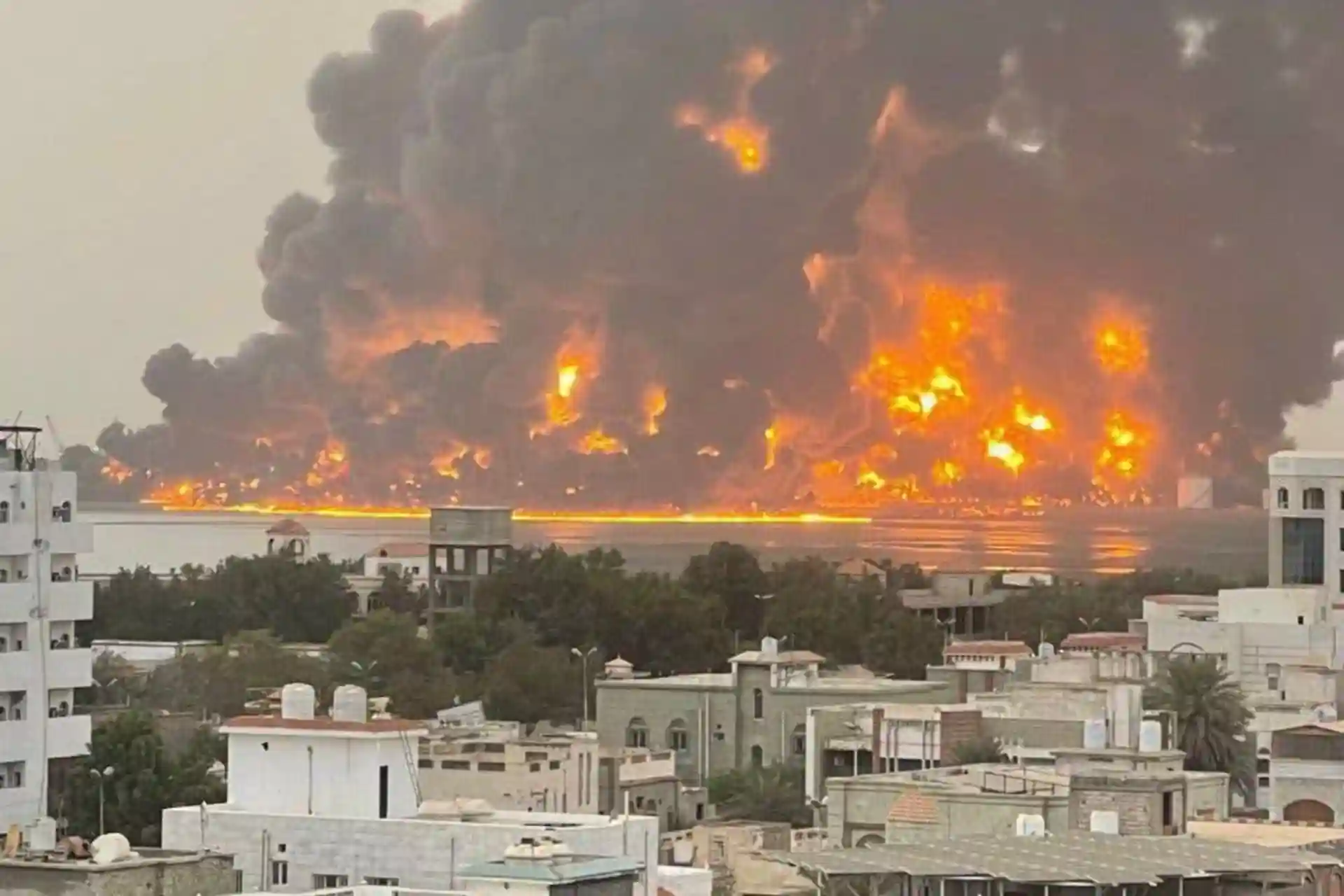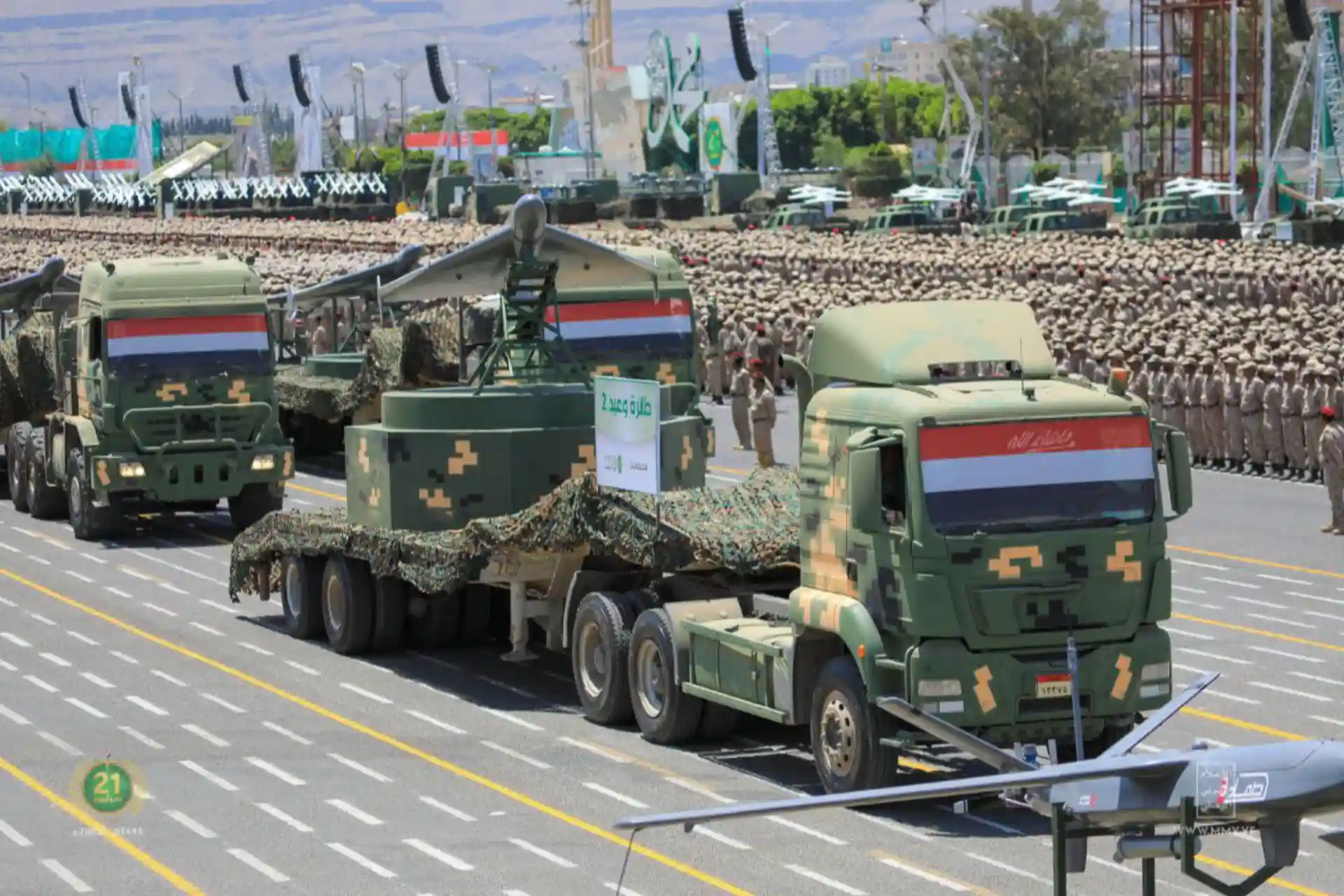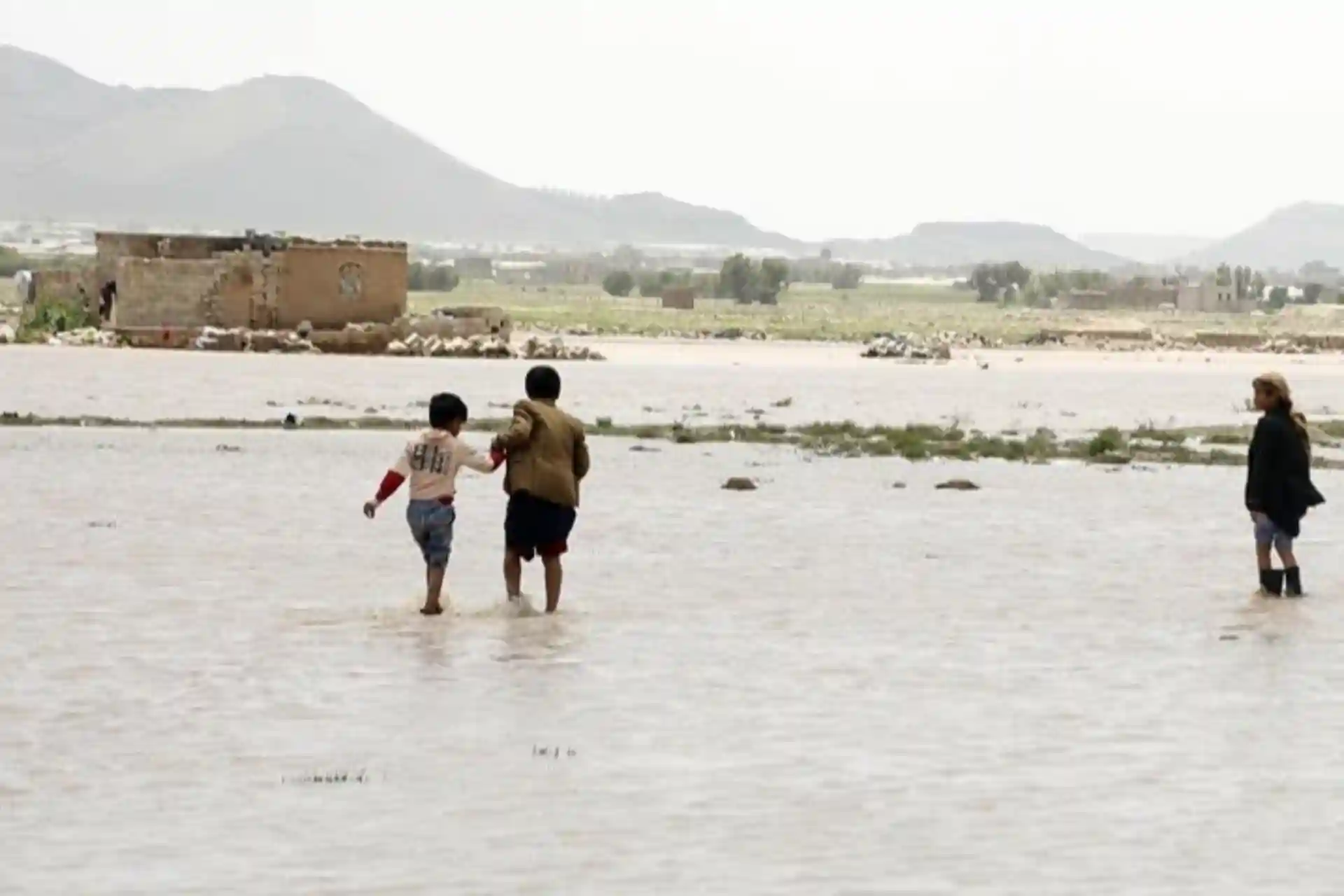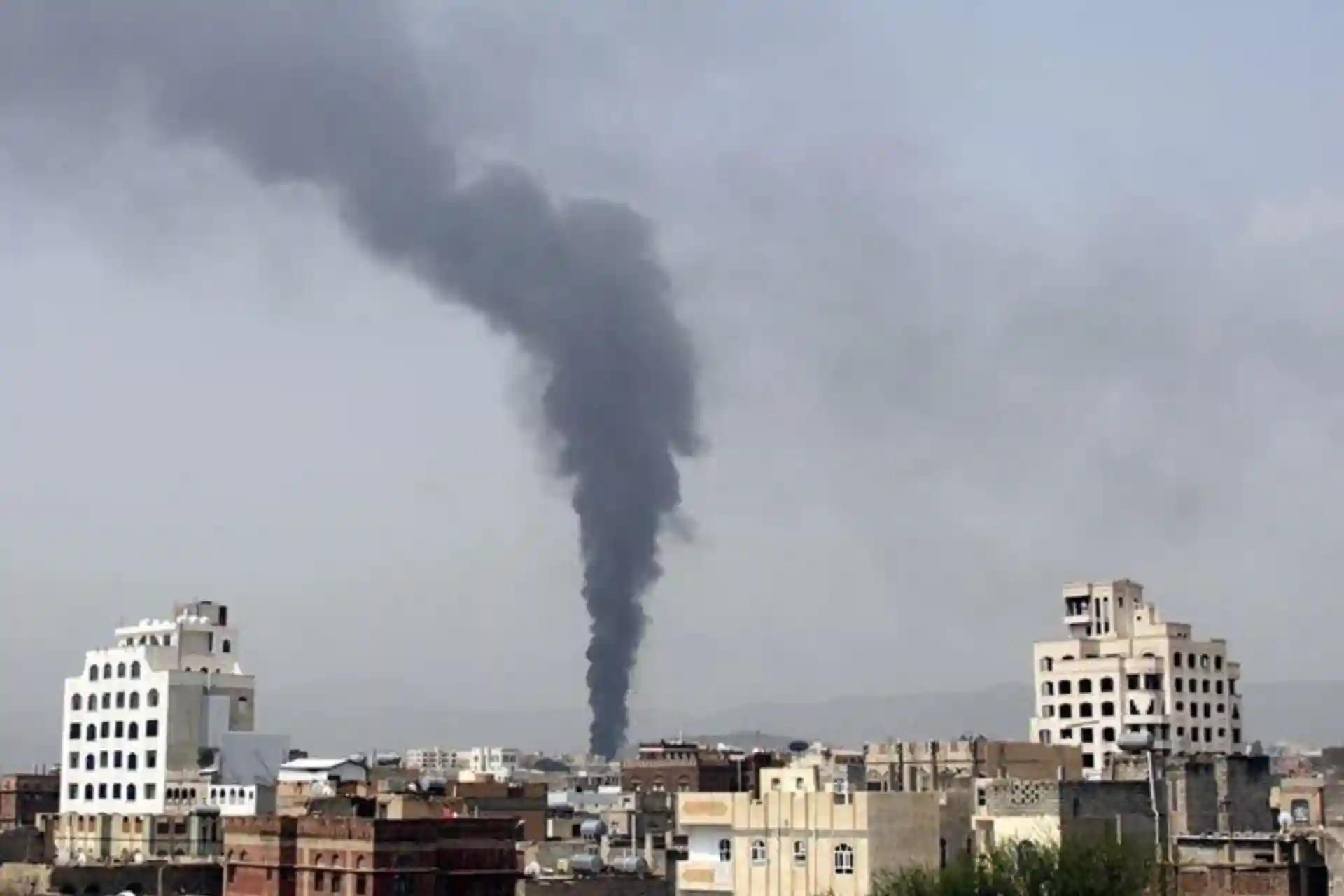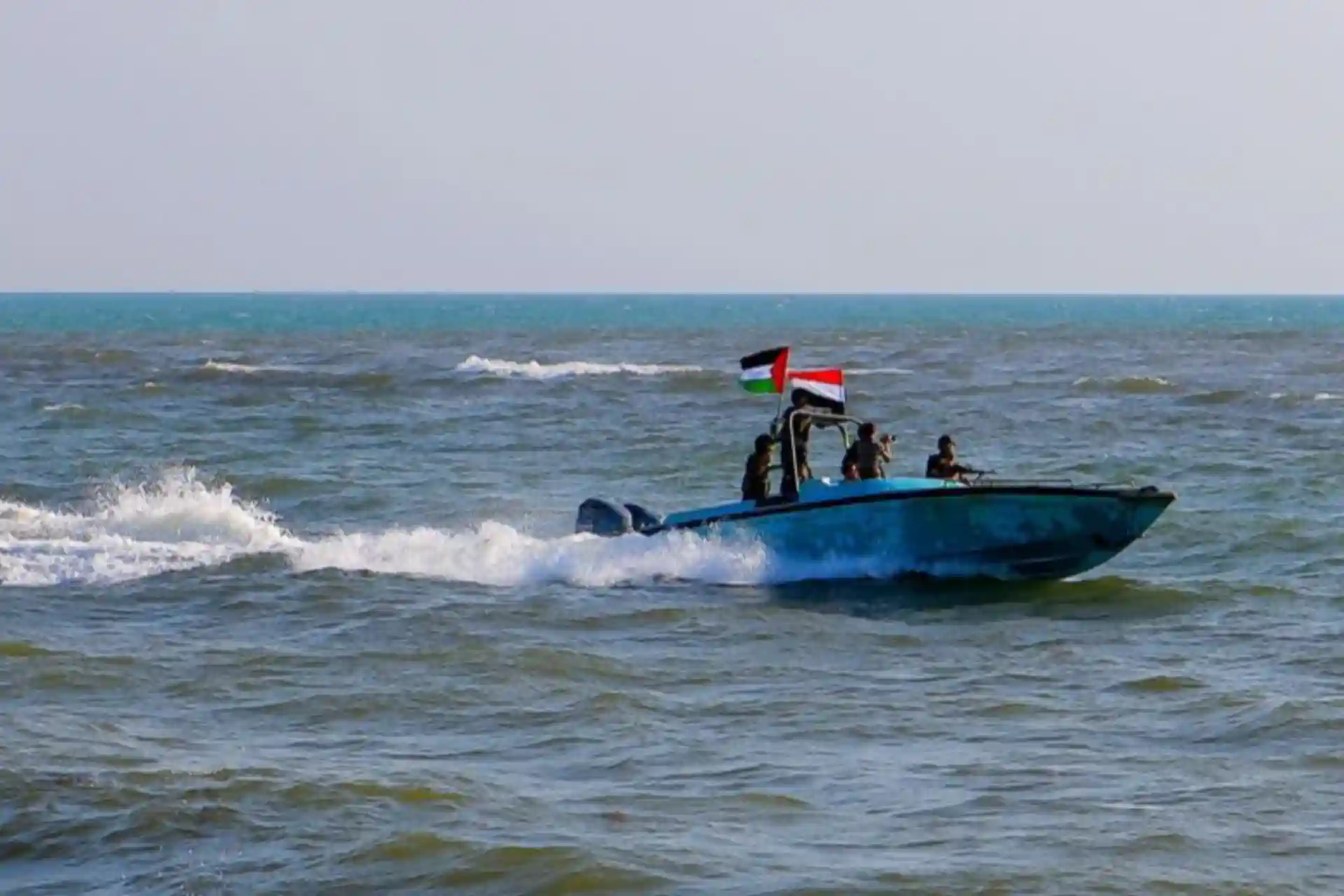bad
Second US aircraft carrier arrives in the Middle East
According to the country's Central Command, the second aircraft carrier in the region, the USS Carl Vinson, has begun operations. It is now conducting daily strikes against Yemeni Houthi positions in the Red Sea, along with the USS Harry Truman.
Read more...136212.04.2025 14:55UN: Cholera has killed at least 720 people in Yemen since March
Since March of this year, more than 720 people have died from the cholera epidemic in Yemen. More than 203,000 cases of the disease have been registered across the country. According to the WHO, only 51 percent of health facilities in Yemen are fully operational, and 36 percent provide limited services.
Read more...185316.10.2024 14:36The number of victims of floods in Yemen has reached 61 people
The number of people who lost their lives due to heavy rains and floods observed in Yemen since the end of July has reached 61. Most of them are citizens displaced as a result of civil wars. The government of Yemen asked the international community to allocate humanitarian aid to the victims of the floods.
Read more...186312.08.2024 08:34Saudi Arabia has denied any involvement in the strikes on Yemen
Saudi Arabia has denied rumors on social media and in the media that the kingdom was involved in the airstrikes carried out by Israel on the Yemeni city of Hudaydah. "The Kingdom will not allow anyone to violate its airspace," said Turki Al-Maliki, spokesman for the Saudi Defense Ministry.
Read more...255223.07.2024 10:37Yemen: Saudi support for Israel will not go unanswered
Abdullah al-Houthi, the leader of Yemen's Ansarullah movement, warned of potential clashes in a strategic message to Saudi rulers on July 7: "We will certainly respond to banks with banks, Riyadh airport with Sanaa airport, and seaports with seaports." The warning comes after the latest wave of threats from Sana'a against Saudi Arabia.
Read more...216320.07.2024 16:35More than 6,500 families were left homeless due to heavy rains in Yemen
Heavy rains in Yemen have damaged 204 camps where 2 million internally displaced people live, and 6,500 families have been left homeless. They need food, shelter, clothing and hygiene products.
Read more...224615.03.2024 11:29The US president announced that he had struck Houthi targets in Yemen
The United States and Great Britain hit at least 12 targets of the Ansarullah (Houthi) movement in Yemen with the help of warplanes and Tomahawk missiles. The Houthis, in turn, reported that they retaliated against enemy ships and military installations. There are no reports of casualties or damage yet.
Read more...287112.01.2024 10:30The UN Security Council adopted a resolution calling for an immediate end to Houthi attacks
The UN Security Council adopted a draft resolution demanding an immediate end to Houthi attacks in the Red Sea.
Read more...291611.01.2024 09:55Yamanning 2 ming dollarlik dronlariga karshi 2 million dollarlik rocketalar Pentagonni havotirlantirmokda
The Pentagon is worried that using $2 million missiles against Yemen's $2,000 drones would be too expensive.
Read more...242521.12.2023 12:05


